Mineral Oil For Skin Care | Benefits And Side Effects
Find out if this common skincare ingredient really spells trouble for your skin.
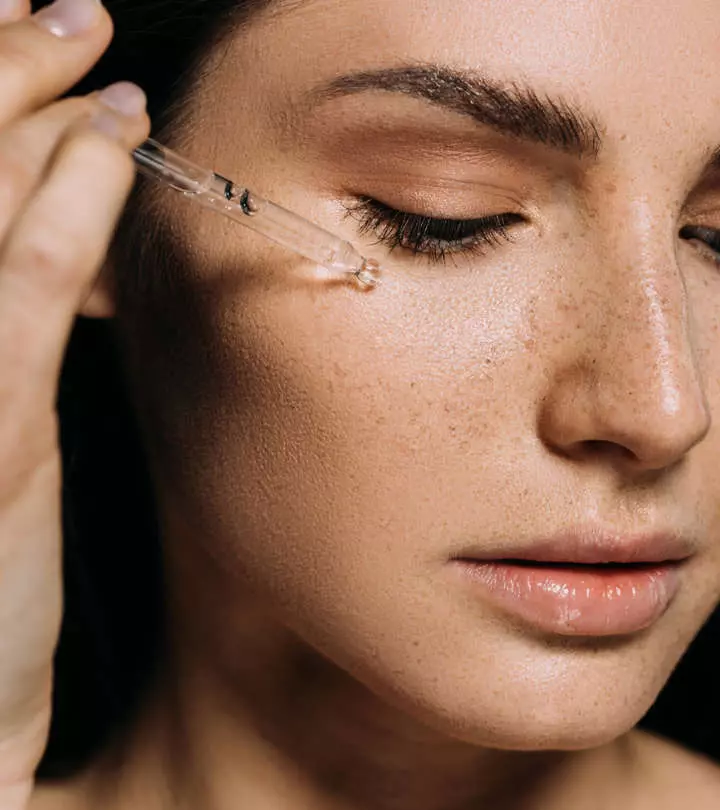
Image: Shutterstock
Mineral oil for skin care offers numerous advantages. It is claimed to be superior to many other emollients in improving barrier function and skin smoothness. It was first used as a cosmetic oil in the late 1800s, and it is still used in creams, lotions, moisturizers, and other skin care products today. In this post, we will discuss the hazards and benefits of mineral oil for your skin, as well as how to use it appropriately. Keep reading to find out more.
In This Article
What Is Mineral Oil?
Mineral oil is a clear, colorless, transparent, and odorless liquid derived from refined and purified petroleum. Mineral oils (including lubricant base oils) are used in construction, mining, and manufacturing industries. The mineral oils used in cosmetic and skin care products are highly refined. They are also used in medicines (liquid paraffin) and drugs.
 Did You Know?
Did You Know?Some of the common names to identify the presence of mineral oils in the products are:
- Liquid paraffin or paraffin
- Liquid petrolatum or petrolatum
- Paraffin oil
- Paraffinum liquidum
- Petrolatum liquid
- Petroleum oil
- White mineral oil or white oil
They have been used for decades in skin care and cosmetic products due to their excellent skin tolerance levels, protective and cleansing properties, and viscosity. Here are some of the advantages of using mineral oils for your skin.
Key Takeaways
- Mineral oil exhibits excellent skin protecting and cleansing properties, making it an effective ingredient in skin care products.
- It is non-allergic and can reduce water loss from the skin, improve barrier function, and soothe irritated skin.
- While it is considered safe in most cases, it may cause some side effects like acne breakouts and mild erythema.
- Avoid using this oil if you have oily or acne-prone skin.
Benefits Of Mineral Oil For The Skin
- Water Retention Properties: Mineral oils may reduce water loss in the skin (1). They act as occlusive agents, trapping water in the skin to keep it hydrated and healthy. The occlusive properties also prevent the entry of foreign particles.
- Emollient Qualities: Mineral oils can keep the skin soft and moisturized by improving its barrier function. That is why they are often recommended to manage dry skin conditions.
- Is Non-Allergenic: Mineral oils do not penetrate the skin and are
non-allergenic (2). They are highly stable and do not turn rancid. - May Help Manage Skin Conditions: Mineral oils can trap moisture and may help soothe diaper rash, rough and mildly irritated skin, and dry skin conditions like xerosis (3). They are often used to heal skin burns from radiation therapy and cracked heels. They may also be effective in soothing atopic dermatitis due to their skin-protecting properties (4).
A skincare enthusiast and blogger excitedly reports after experimenting with mineral oil, stating, “The next day, after my morning bath, I saw that the cluster of SFs [sebaceous filaments] are now barely noticeable. My pores also looked tighter, which is a welcome surprise. I re-examined my routine from the previous night and because I did not change any part of my routine, I came to the conclusion that it was the mineral oil (or rather baby oil, also mineral oil but fragranced) which helped clean that annoying area (i).”
 Trivia
TriviaMineral oils may have numerous benefits, but they also have side effects. Here is what you should know about the adverse effects of mineral oil.
Side Effects Of Mineral Oil
While it is generally considered safe for the skin, there may be some cases where mineral oil may cause:
- Mild erythema (dryness)
- Increased sensitivity to UV rays.
- Acne breakouts, as it is mildly comedogenic (1).
, a licensed esthetician, says, “Mineral oil has been used in cosmetics and skin care products since almost the beginning of time. Many products carry mineral oil. Oily skin sometimes has a problem with mineral oil because it may cause breakouts but, it usually does not create any harm to the skin and the benefits outweigh the risks, and plays well with the skin.”
If you are lactating, consult your doctor before using mineral oil for sore and cracked nipples.
When used in moderation, mineral oil products may benefit your skin.
 Did You Know?
Did You Know?Here is how you can use mineral oil for the skin.
How To Use Mineral Oil
To use mineral oil, apply it to your damp skin after showering. If you are using it with other products, apply mineral oil as the last step. Here are a few precautions to follow:
- Use mineral oil products as per the instructions.
- Do a patch test to avoid allergic reactions.
- If you have skin issues like eczema, psoriasis, and acne, please consult a dermatologist before using mineral oil.
- If you notice mild irritation or redness, avoid using mineral oil products and consult a dermatologist.
- Avoid applying it on sensitive areas, such as your eyes and the groin area.
- Do not ingest mineral oil.
- Do not apply mineral oil on broken and bruised skin.
Is it always safe to use mineral oil? Here’s when you should be staying away from this petroleum-derived ingredient.
When To Avoid Using Mineral Oil
If you have acne-prone or oily skin, it is best to avoid using mineral oil. It is mildly comedogenic and occlusive and may worsen the existing lesions or cause new breakouts (1).
Avoid using mineral oil-based products if you are allergic to it as it may cause:
- Redness
- Dryness
- Irritation
If mineral oil products suit your skin, you can continue using them. What is the ideal frequency of application? Find out in the next section.
How Often Can You Use It?
Use mineral oil-based products once or twice a day. If you have skin issues like erythema, eczema, psoriasis, or rashes, check with a dermatologist to determine the frequency. Knowing about various mineral oils for hair, their benefits and how to use them can help you get soft, frizz-free locks.
Wondering whether mineral oil is the right choice for your skin? The following video explains the benefits and possible side effects of using mineral oil. Watch it out to learn more!
Mineral oil is a colorless and transparent liquid extracted from purified petroleum commonly used in medications, drugs, and cosmetic products. Studies suggest its emollient and water retention properties make them ideal for improving skin barrier function and keeping your skin moisturized. In moderation, mineral oil is safe for your skin. However, conduct a patch test before using it. Keep in mind to follow the instructions on the package and avoid using it on sensitive and acne-prone skin. Lactating mothers and people with skin conditions must consult a doctor before using mineral oil for their skin.
Frequently Asked Questions
Which is better for the skin: mineral oil or coconut oil?
Mineral oil and coconut oil are both equally efficient skin moisturizers with no adverse effects.
Is Vaseline a mineral oil?
Vaseline is formulated with a combination of mineral oils and waxes.
Is mineral oil cancerous?
Highly refined mineral oils are not cancerous. However, unrefined or partially refined mineral oils may contain PAHs (polycyclic aromatic hydrocarbons), which are carcinogenic in nature and may increase the risk of developing cancer.
Is mineral oil and olive oil the same thing?
No, mineral oil is derived by refining petroleum products, whereas olive oil is plant-based and derived from olives. However, olive oil can be used as a mineral oil alternative for relieving constipation and hydrating the skin and hair.
Is mineral oil an effective makeup remover?
Yes, mineral oil can be an effective makeup remover as it is lightweight and non-comedogenic oil, which means it moisturizes the skin without does not clog the pores. Mineral oil readily dissolves oil-based makeup such as waterproof mascara and lipstick, making it an effective solution for stubborn makeup. You can pour a small amount of mineral oil onto a cotton pad or ball and gently wipe the areas with makeup. Once you are done removing the makeup, wash your face properly with a gentle cleanser. Pat it dry and apply a good moisturizer to keep your skin smooth and healthy.
Personal Experience: Source
StyleCraze's articles are interwoven with authentic personal narratives that provide depth and resonance to our content. Below are the sources of the personal accounts referenced in this article.
(i) Mineral Oil: An anecdote on how it removed my sebaceous filamentshttps://pas-sosyal.blogspot.com/2013/09/mineral-oil-anecdote-on-how-it-removed.html
References
Articles on StyleCraze are backed by verified information from peer-reviewed and academic research papers, reputed organizations, research institutions, and medical associations to ensure accuracy and relevance. Read our editorial policy to learn more.
- A Review on the Extensive Skin Benefits of Mineral Oil
https://www.dr-jetskeultee.nl/jetskeultee/download/common/3112014.pdf - Mineral Oils and Waxes in Cosmetics: an Overview Mainly Based on the Current European Regulations and the Safety Profile of These Compounds
https://onlinelibrary.wiley.com/doi/full/10.1111/jdv.15946 - A Randomized Double-Blind Controlled Trial Comparing Extra Virgin Coconut Oil With Mineral Oil as a Moisturizer for Mild to Moderate Xerosis
https://pubmed.ncbi.nlm.nih.gov/15724344/ - Management of Patients With Atopic Dermatitis: the Role of Emollient Therapy
https://www.hindawi.com/journals/drp/2012/836931/
Read full bio of Donna Kay Parrish
Read full bio of Anjali Sayee
Read full bio of Ramona Sinha
Read full bio of Swathi E









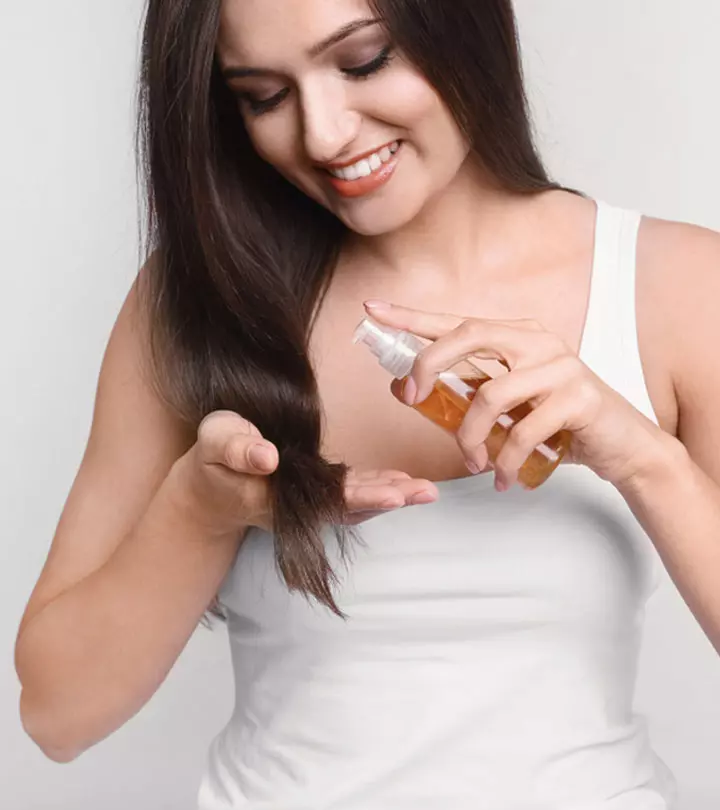
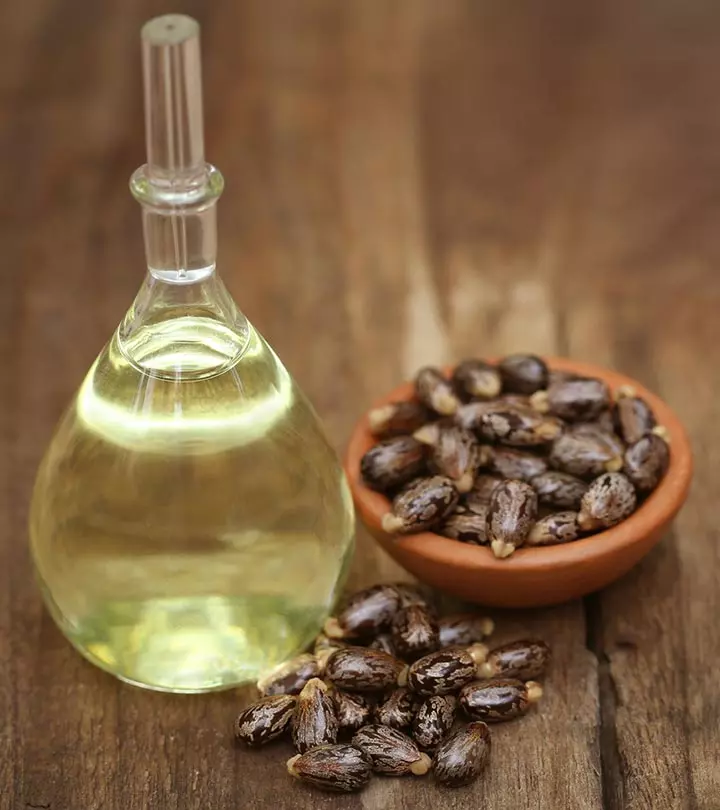
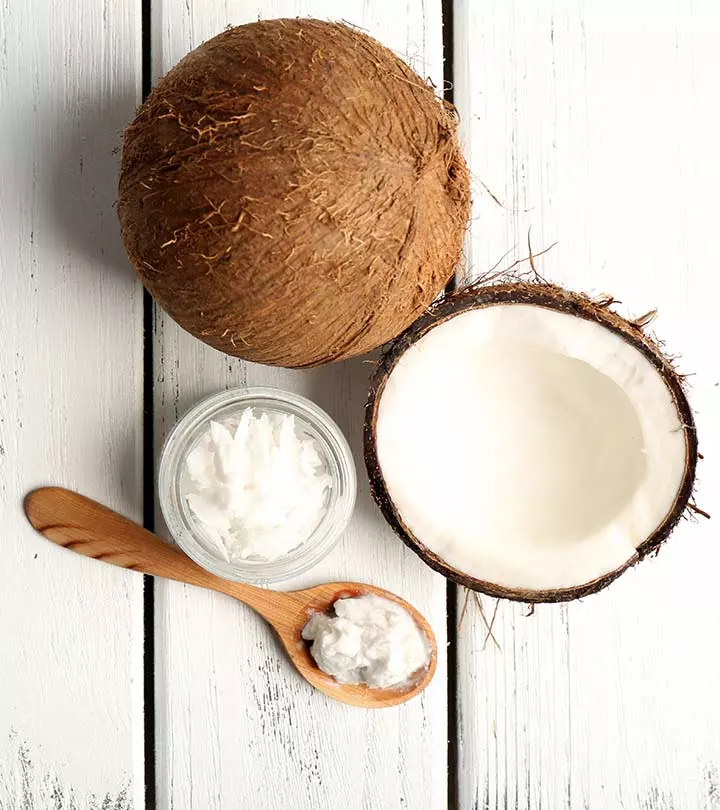
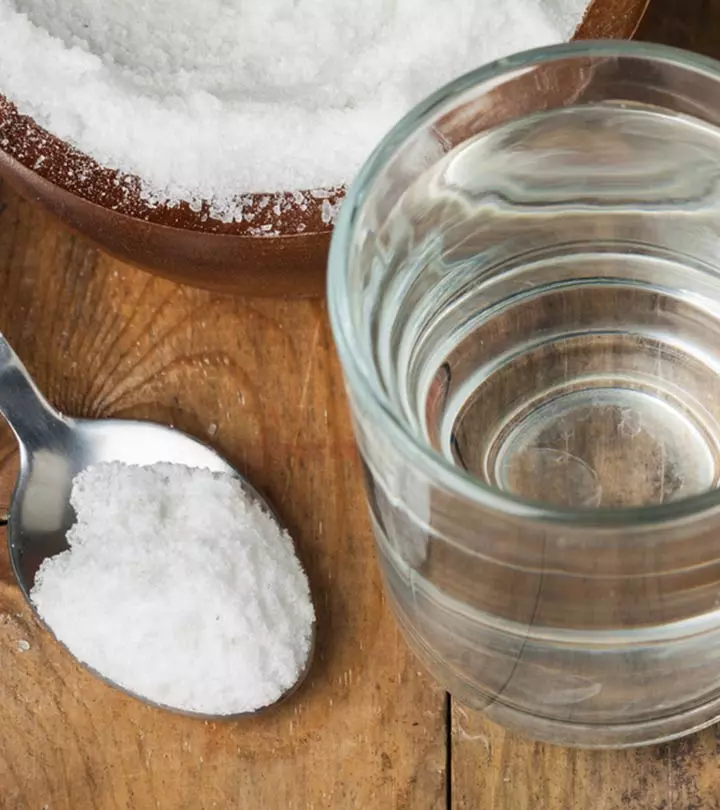
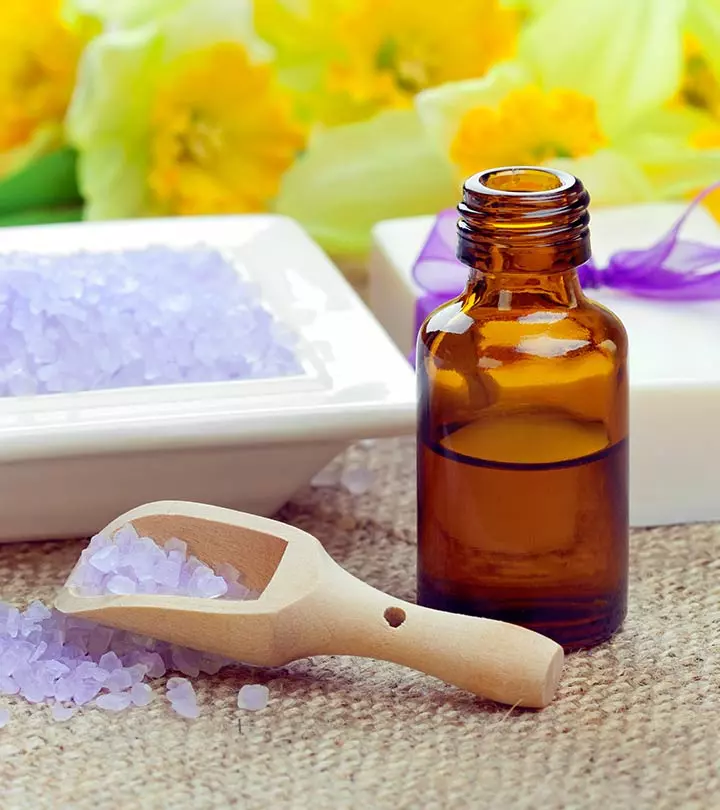
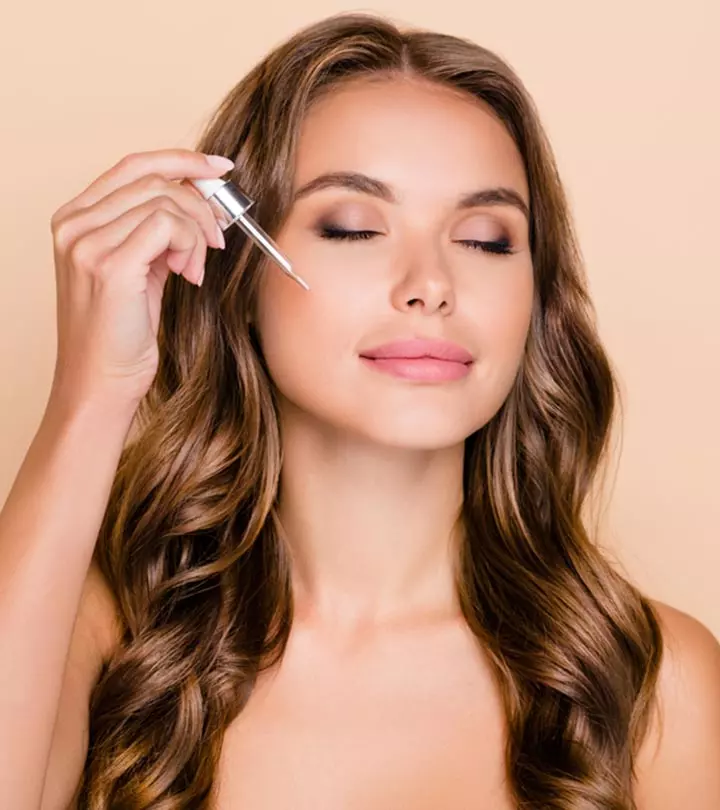
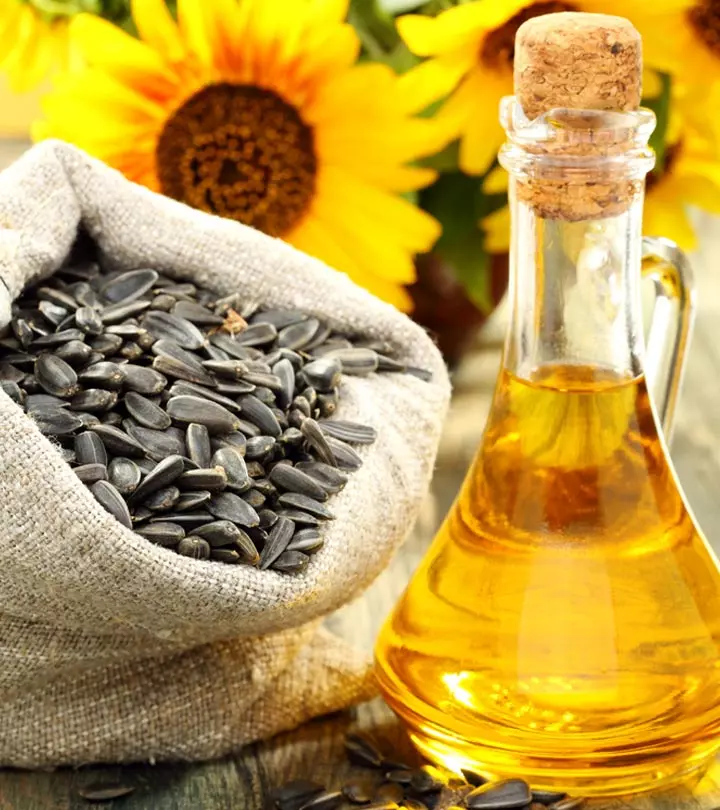
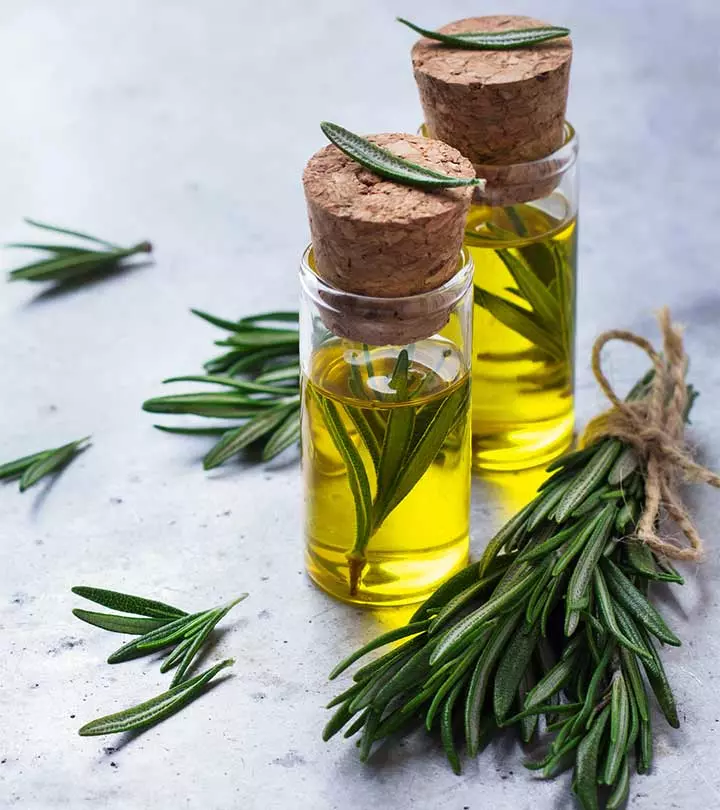
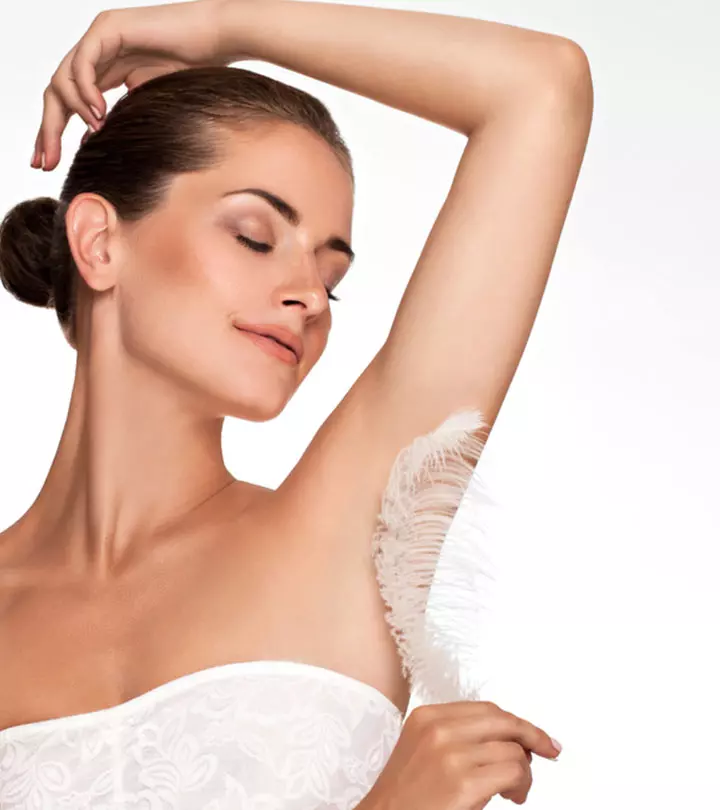
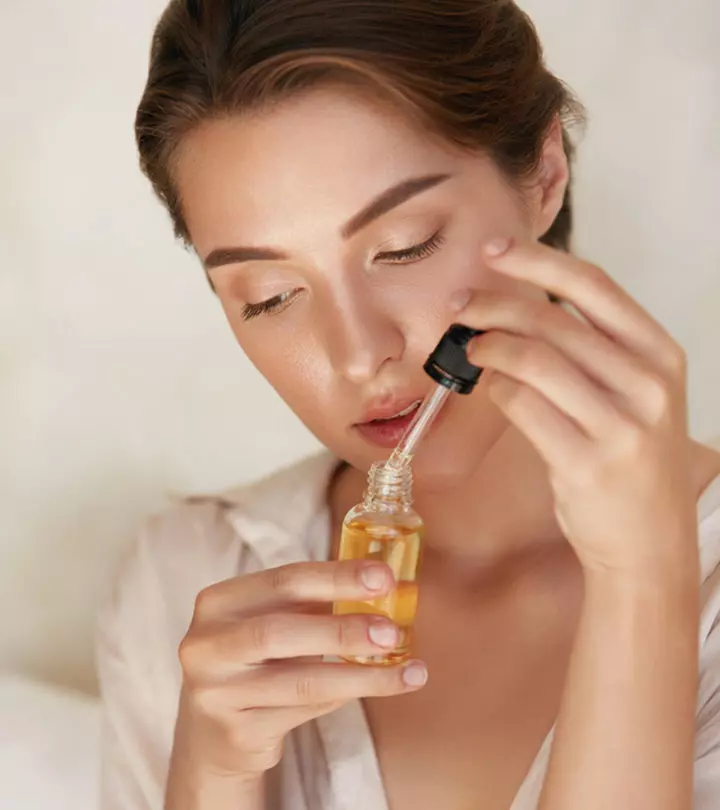
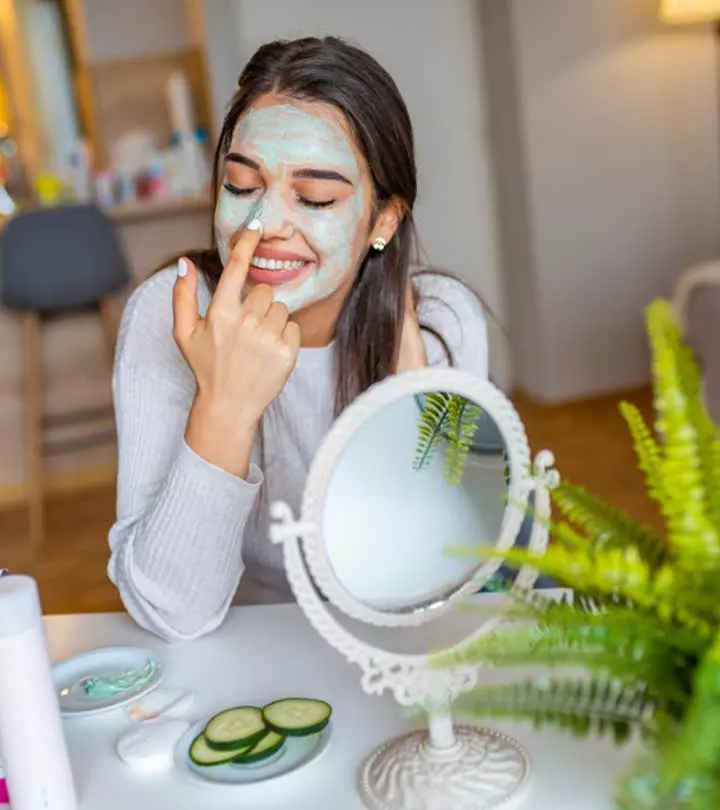
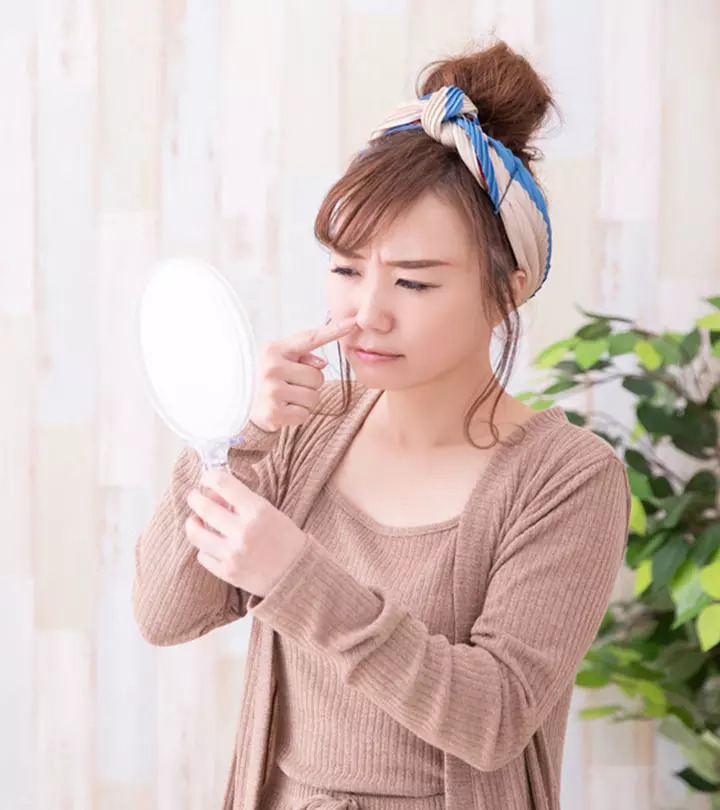

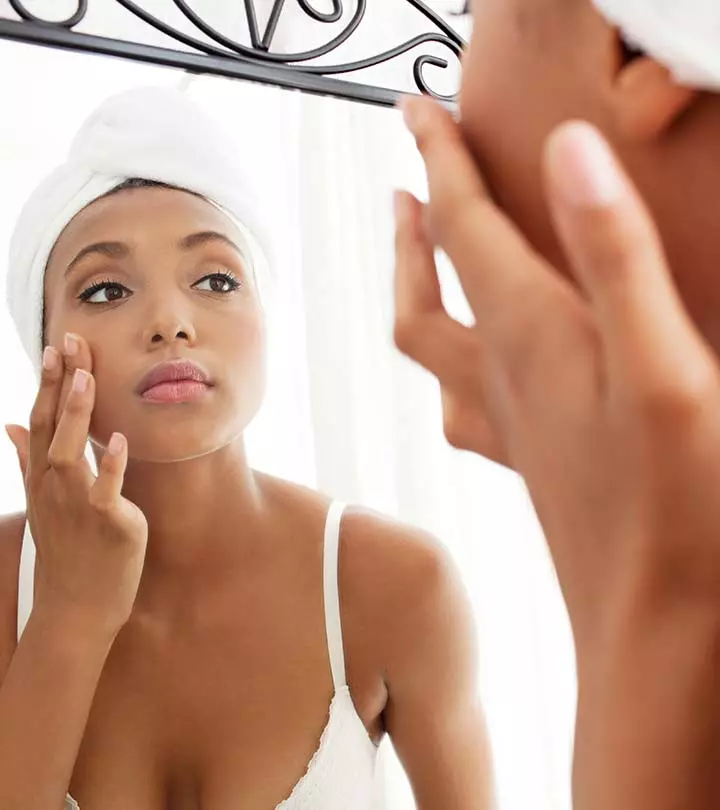



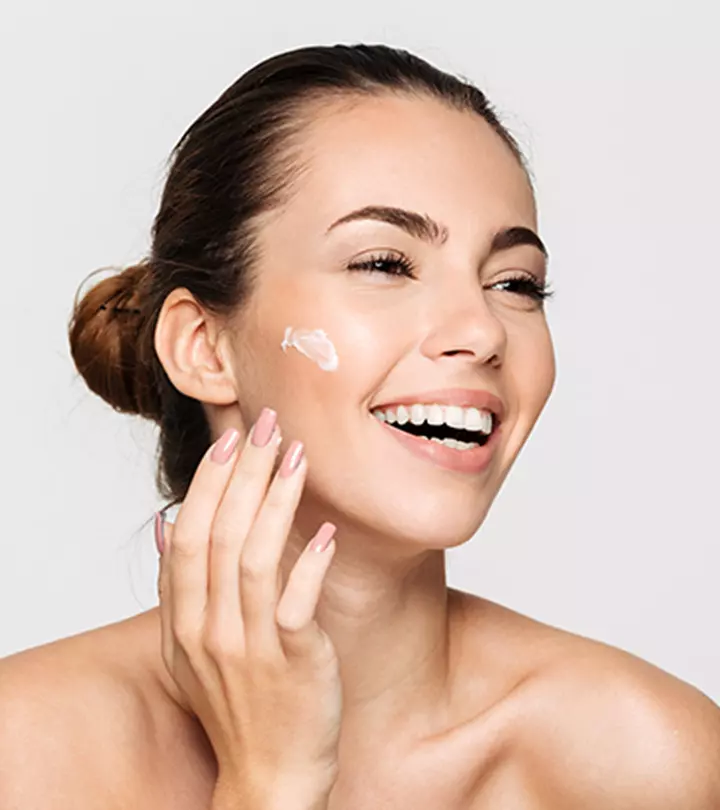


Community Experiences
Join the conversation and become a part of our empowering community! Share your stories, experiences, and insights to connect with other beauty, lifestyle, and health enthusiasts.